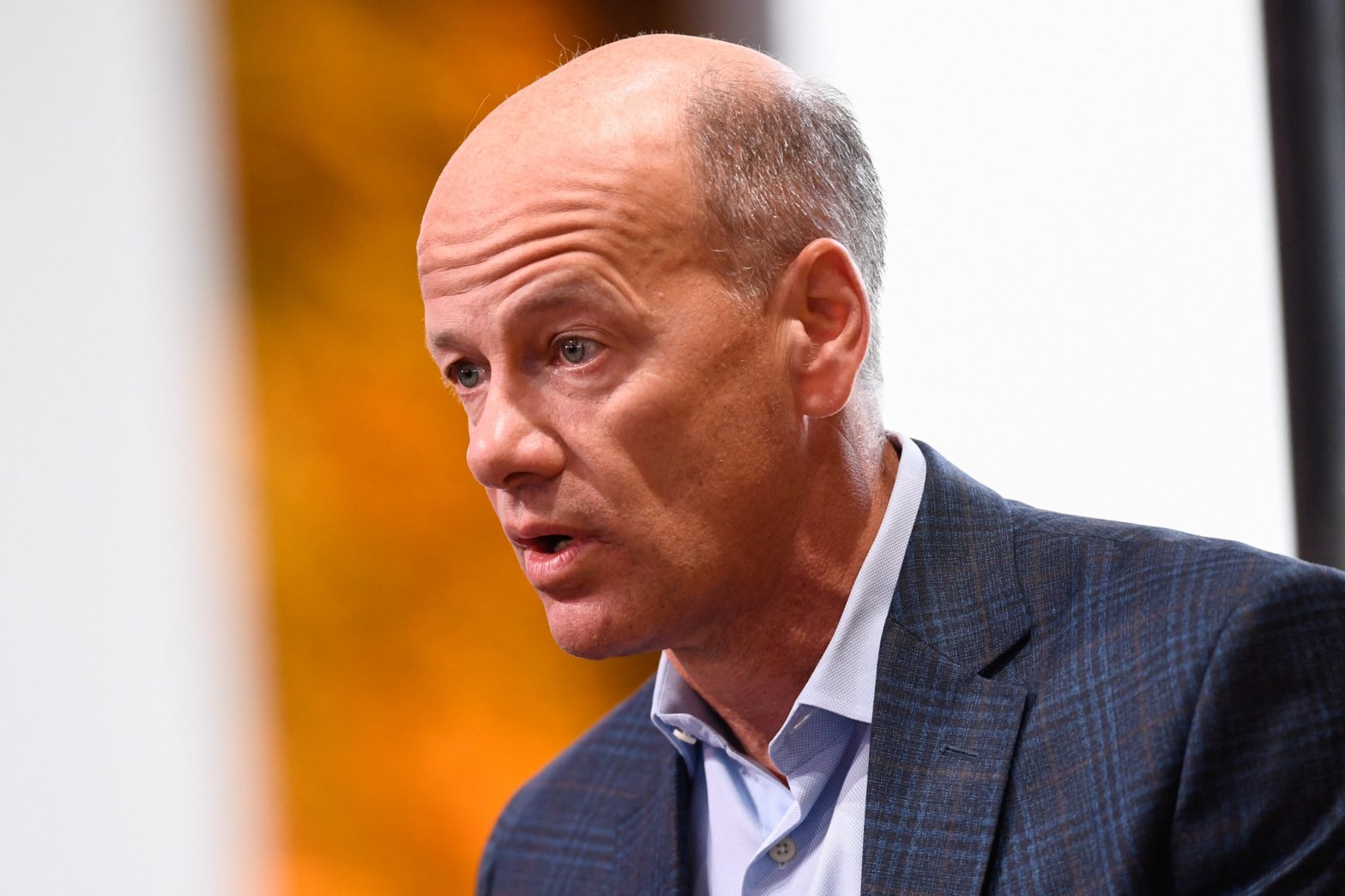Silicon Valley Bank’s implosion isn’t a canary in the coal mine, said RBC analyst Gerard Cassidy. Contagion is unlikely to spill over, since SVB was unique in its exposure to bonds, he told CNBC. SVB also held a low ratio of small customer deposits, meaning its funding is more sensitive to rates. Loading Something is loading.
Thanks for signing up!
Access your favorite topics in a personalized feed while you’re on the go.
Silicon Valley Bank’s implosion isn’t a canary in the coal mine, and it won’t result in contagion across the banking industry, according to RBC analyst Gerard Cassidy.
“This is a unique situation with a few banks,” Cassidy said in an interview with CNBC on Friday, pointing to SVB’s unusually high exposure to bonds, which have spelled trouble for the bank over the last year.
Bond prices fell amid the Fed’s aggressive interest rate hikes to control inflation, resulting in steep losses to SVB’s holdings.
The bank sparked chaos in markets this week after reporting $1.8 billion in losses from the sale a $21 billion bond portfolio. Depositors then pulled out funds, and SVB is reportedly exploring a sale after plans to raise more capital fell short. Regulators shut down the lender on Friday.
The crisis sparked a massive selloff among other bank stocks, but SVB’s uniquely high exposure to bonds means its implosion won’t necessarily spill over to other areas of the banking sector, Cassidy said.
Another reason why contagion should be limited is because SVB is known for lending to venture capital and private tech companies. That portion of its business has crashed over the last year as the IPO market comes to a standstill, leading to a decline in deposits at SVB.
“This bank is different because they don’t have low-cost consumer funding like other banks do,” Cassidy said.
Unlike other banks, just a small portion SVB’s funding consisted of small consumer deposits, which put the bank at more risk.
Such deposits take decades to build up and customers are less likely to withdraw them due to a change in interest rates, Cassidy said, which should make other banks more stable than SVB.
“The banks with the good deposit mix – and Silicon Valley didn’t have that – those banks are okay, and this sell-off was unfortunate. It was indiscriminate,” he added.
